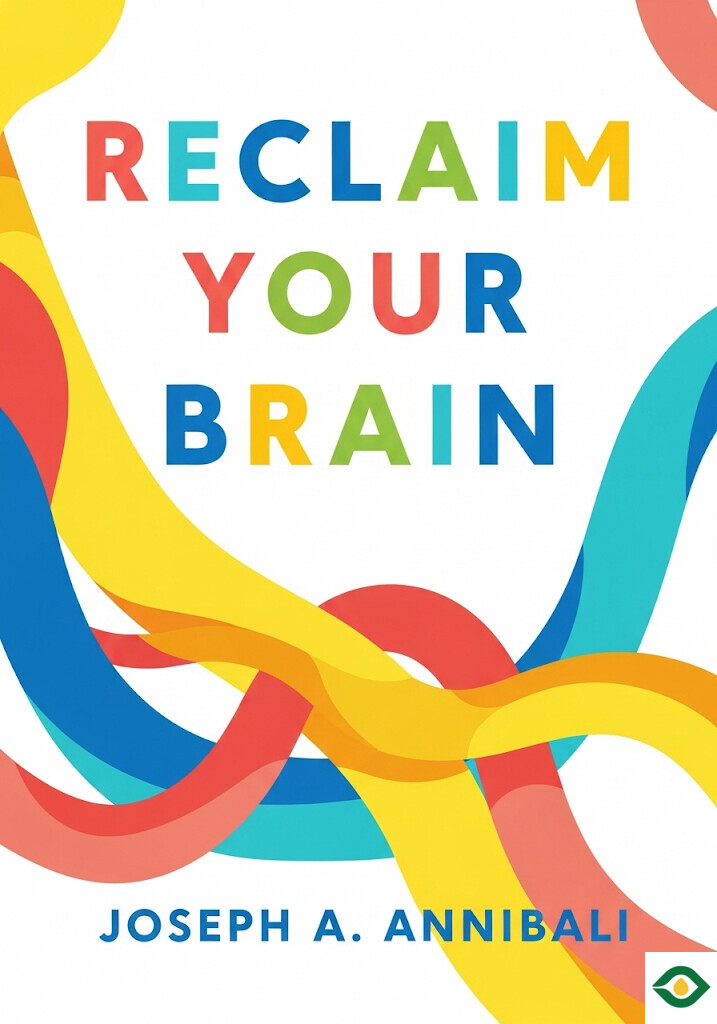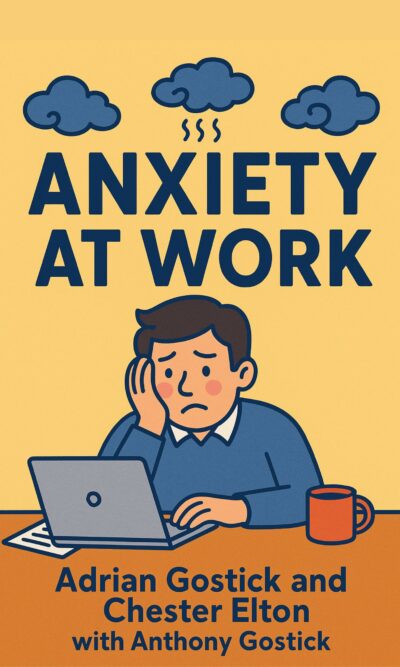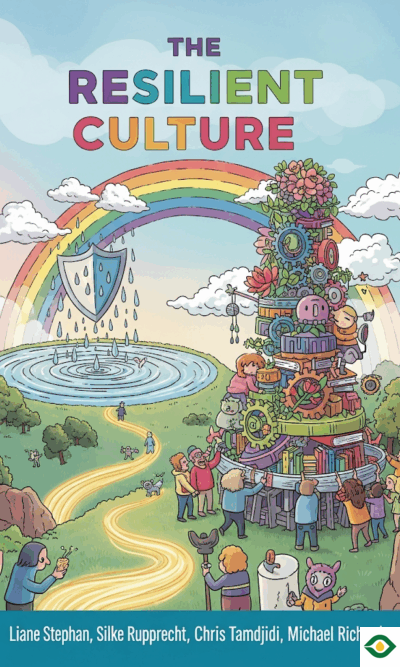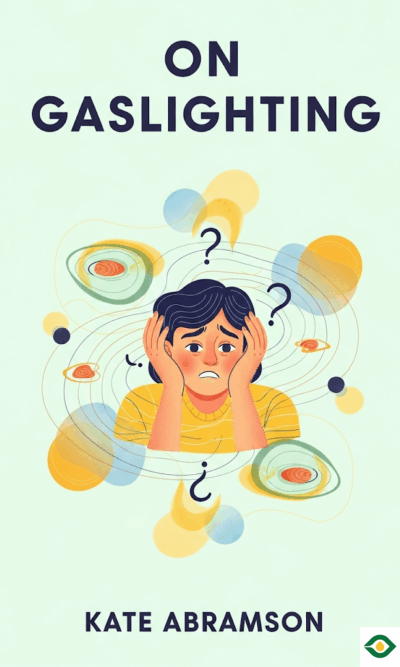Description
Your brain is the most powerful tool you have, but it can easily fall out of balance. When that happens, you might feel restless, anxious, depressed, impulsive, or even trapped in addiction. The good news is that by understanding how your brain works, and by applying simple techniques, you can take back control and live a calmer, more meaningful life.
At the center of brain balance are two major systems. The prefrontal cortex, or PFC, is the “thinking” part of your brain. It handles focus, logic, planning, and self-control. Without it, you’d act on every impulse that popped into your head. On the other side is the limbic system, sometimes called the emotional brain. This area reacts to threats, fuels emotions like fear or pleasure, and drives survival instincts. A balanced brain keeps these two systems working together. Too much emotion without enough control leads to chaos. Too much logic without feeling turns life cold and rigid.
For example, the amygdala, a small part of the limbic system, is like an alarm bell. Thousands of years ago, it helped humans survive real dangers, like wild animals. But in modern life, this alarm often goes off when it doesn’t need to—such as before a meeting or a tough conversation. If the amygdala gets too dominant, fear and stress can overwhelm your ability to think clearly. That’s why balance is so important.
Every brain needs a certain level of stimulation to work at its best. Some people have underactive prefrontal cortexes, meaning they need extra stimulation to stay engaged. They may turn to loud music, multitasking, or risky behavior just to keep themselves awake and alert. Others have brains that react too strongly, making them sensitive to every little sound, word, or situation. These people often need quiet time and solitude to recharge. When stimulation is out of balance—whether too much or too little—it can lead to frustration, poor performance, or even unhealthy coping habits.
Addiction is one of the most destructive results of imbalance. People often reach for alcohol, drugs, gambling, or even food when their brains are struggling. One person may use substances to calm an overactive emotional system. Another may gamble to excite an underactive control center. Over time, these behaviors can spiral into serious problems. But there are ways out. One helpful method is motivational interviewing, a technique that encourages you to reflect deeply on your choices. By asking yourself simple questions—like what your life would look like if you changed, or what small steps you can take today—you strengthen your willpower. Even something as small as avoiding a tempting environment can be the first step toward recovery.
Mindfulness and meditation are also powerful tools for balance. Meditation quiets the amygdala, reducing stress and fear, while also strengthening the prefrontal cortex. This combination helps you think more clearly and feel calmer at the same time. Practicing mindfulness doesn’t require special equipment or long hours. You can simply sit quietly, close your eyes, and focus on your breath. Repeating a calming word while exhaling can deepen the effect. When your mind drifts, gently return to your breathing. Over time, this simple practice can bring peace to your mind and restore harmony inside your brain.
Another challenge people face is negativity. The human brain is naturally wired to focus on threats and problems more than positive experiences. From childhood, many of us carry early negative impressions that shape how we see ourselves and the world. As adults, this wiring shows up as black-and-white thinking—believing you are either a complete success or a total failure. Or it may appear as mental filters, where one flaw, like big ears or a mistake at work, defines how you see your entire self. These patterns make life feel heavier than it needs to be.
To break free from negativity, you need to examine the stories you tell yourself. Writing down your thoughts is one of the best ways to do this. On paper, you can see your assumptions more clearly and question them. For example, someone who always believed they were lazy might realize, after reflection, that they actually worked hard but had a condition like ADHD making things difficult. By rewriting your internal story, you begin to treat yourself with fairness and compassion.
Relationships are another area where brain imbalance shows up. Many couples fall into unhealthy roles, like one always criticizing and the other always defending, or one dominating while the other submits. These roles create tension and resentment, leaving both people unhappy. A healthy relationship is built on equality, even if the roles are different. Instead of fighting for control, both partners should aim for respect and balance. If you feel trapped in a negative role, mindfulness can help you step back and ask why you play that part. Talking openly with your partner can also break the cycle, replacing unhealthy habits with mutual support.
The bigger picture is that reclaiming your brain means regaining control over your life. It means not letting fear, negativity, or impulses dictate your actions. It means learning simple practices like mindfulness, reflection, and self-awareness to restore balance between your emotional brain and your logical brain. It means finding healthier ways to deal with stress, boredom, or sensitivity. And most importantly, it means realizing that your brain is not fixed—you can change it, strengthen it, and guide it.
If you often feel scattered, anxious, or out of control, remember this: your brain is not broken, just out of balance. With patience and the right steps, you can calm the noise, sharpen your focus, and live more fully. Whether through meditation, rewriting your thoughts, or adjusting the roles in your relationships, you have the power to reshape your brain and your life.
The final takeaway is simple: a healthy brain is a balanced brain. By caring for it, understanding it, and guiding it with awareness, you can reclaim your brain—and with it, your happiness, your focus, and your freedom.





